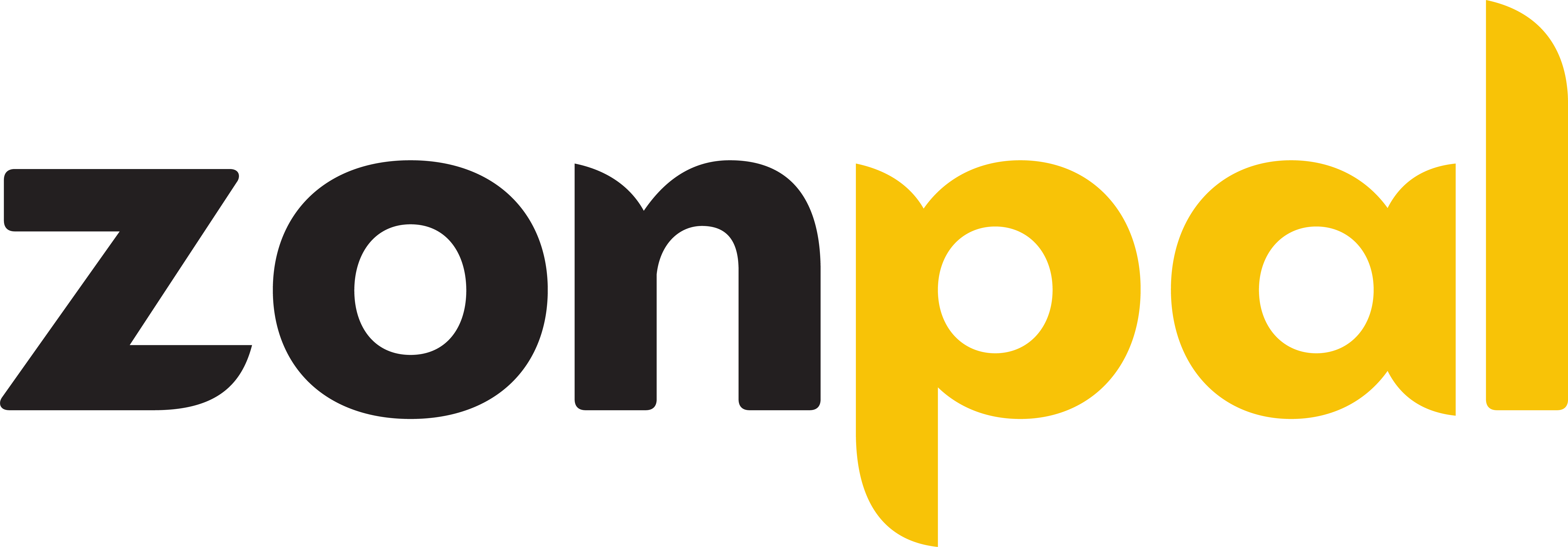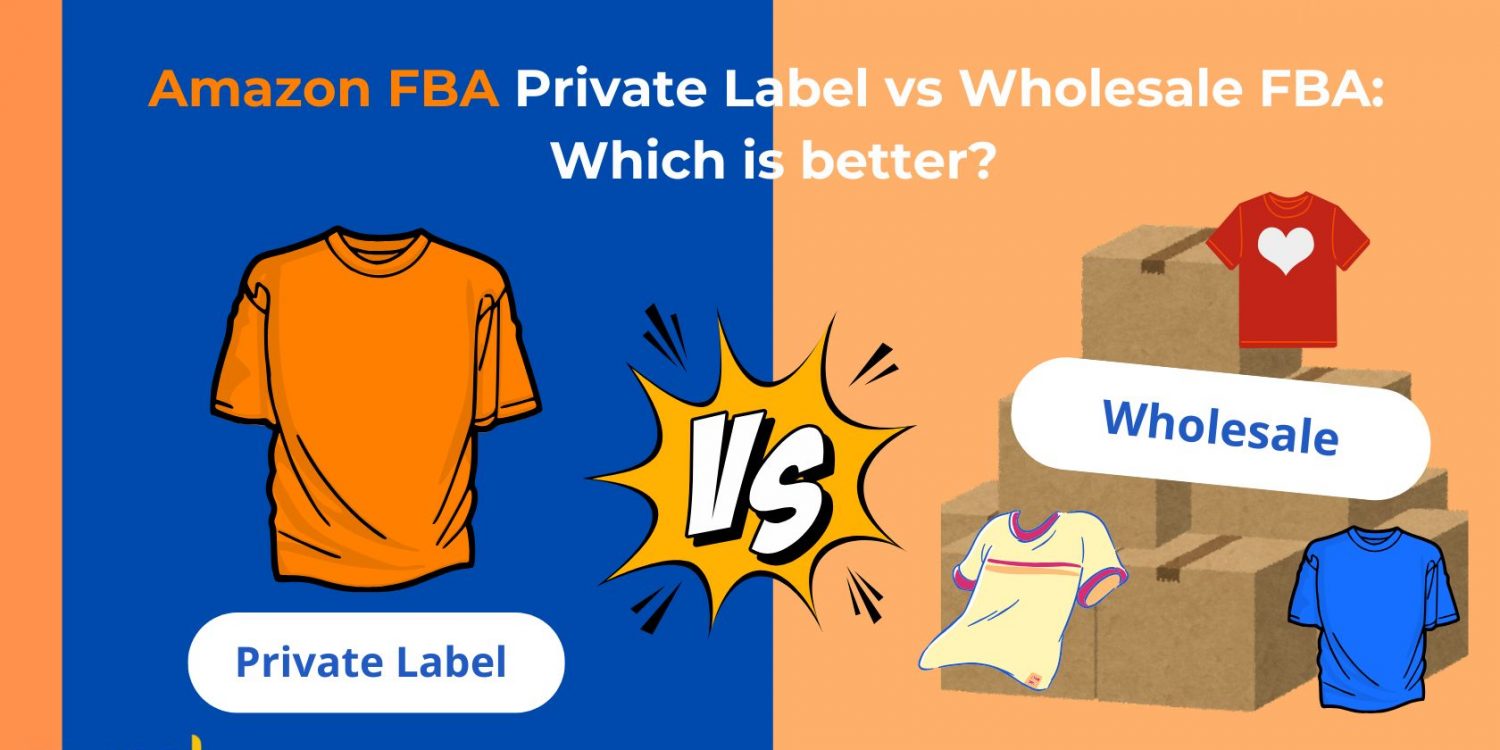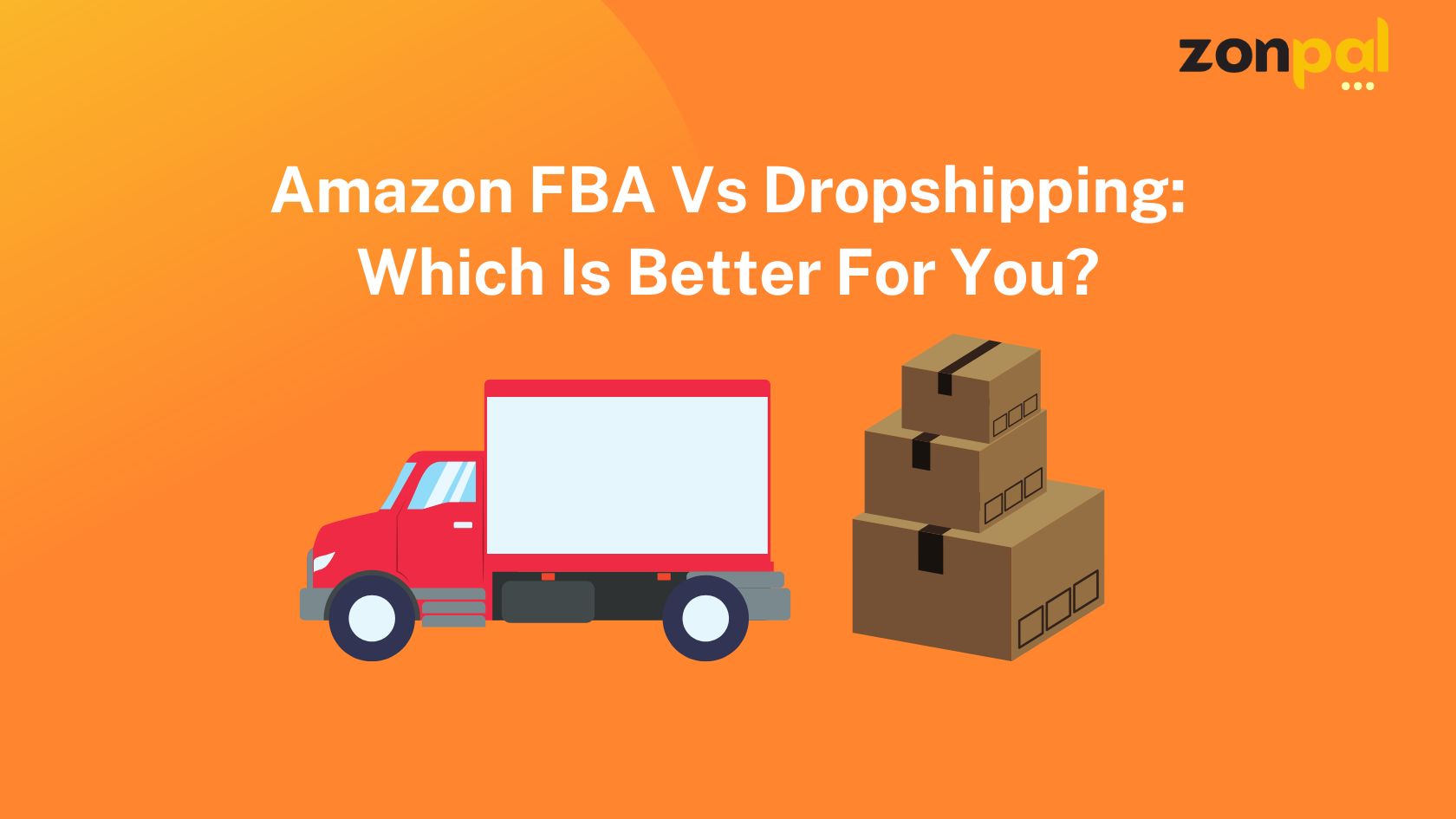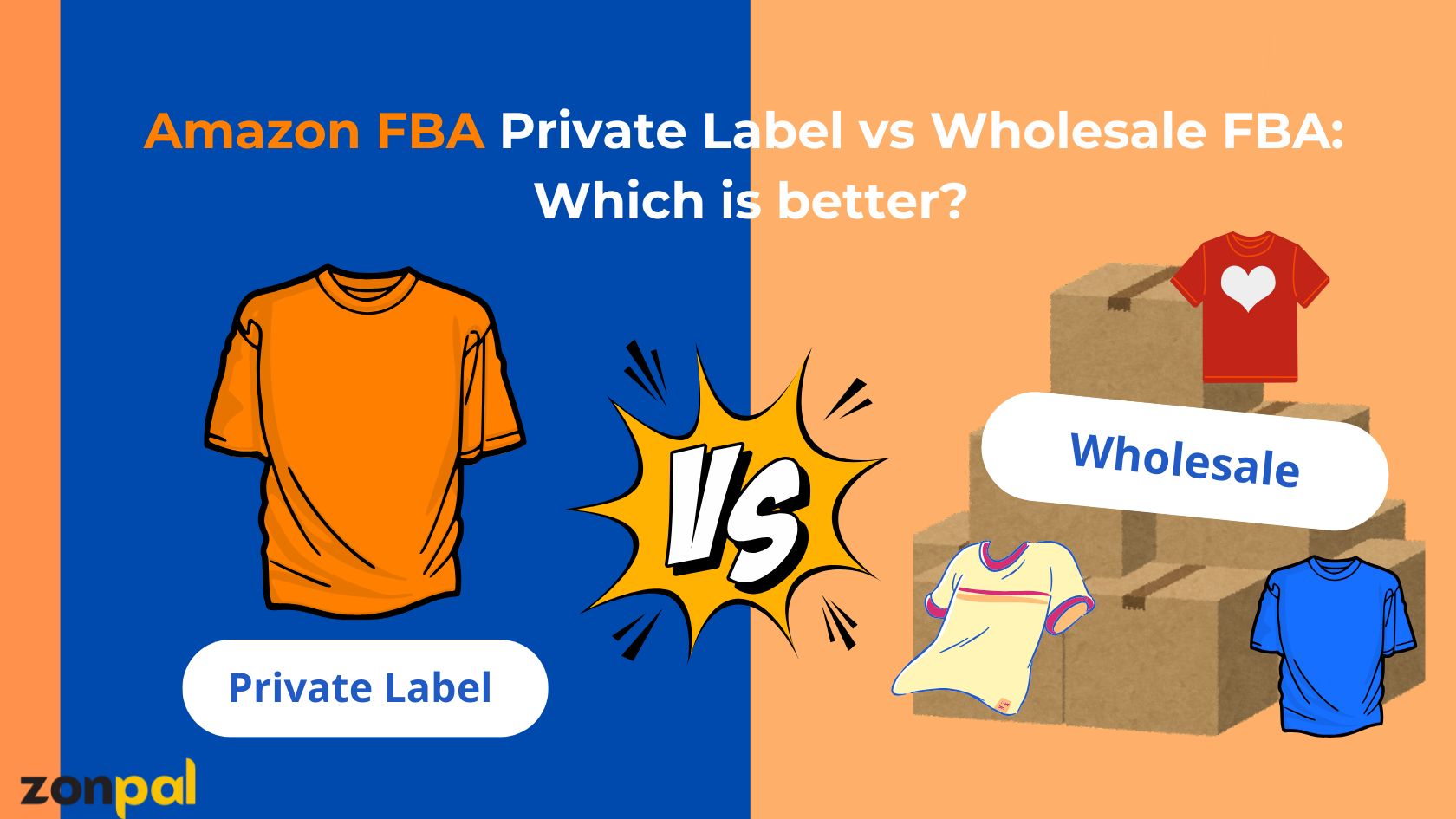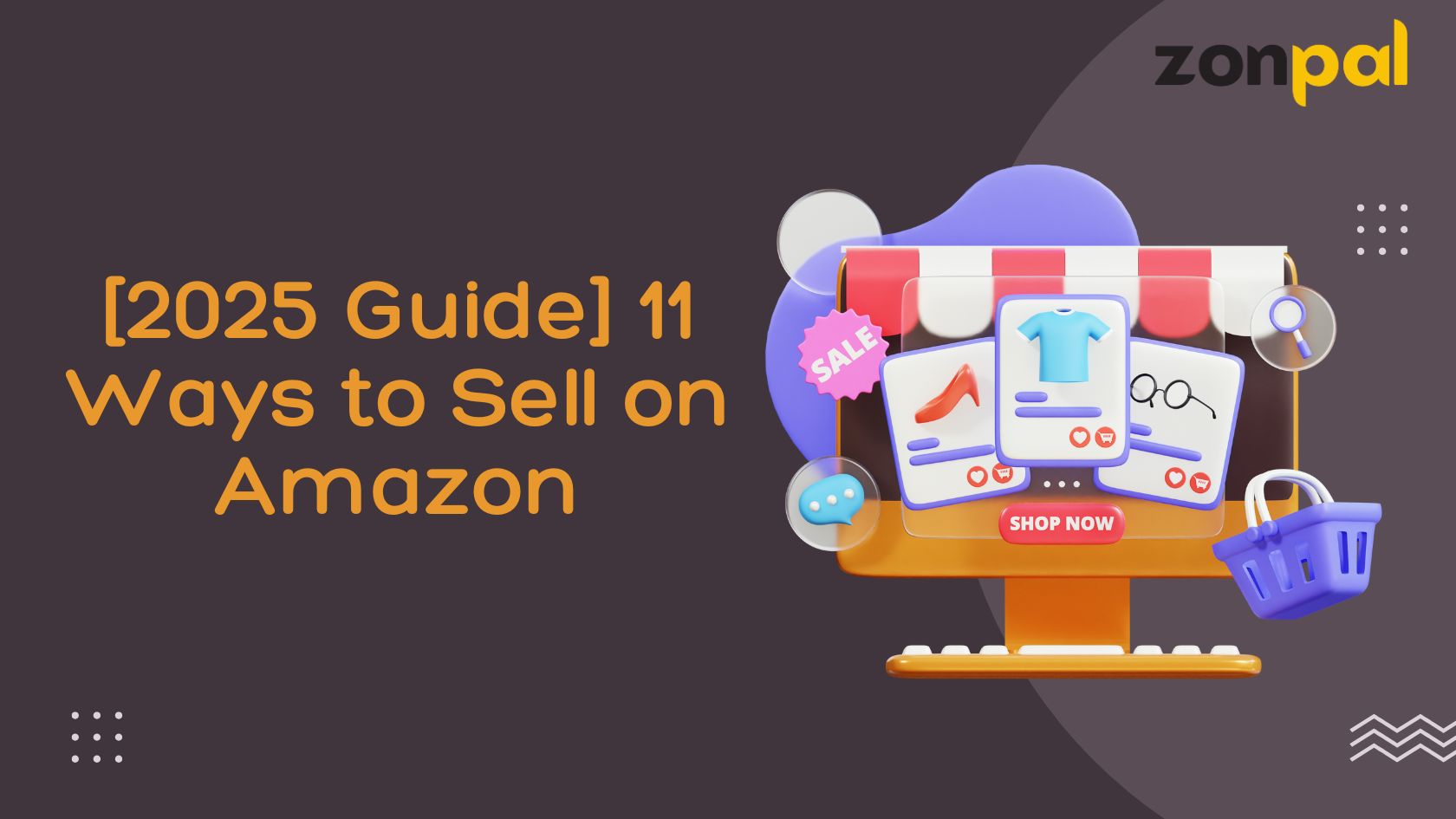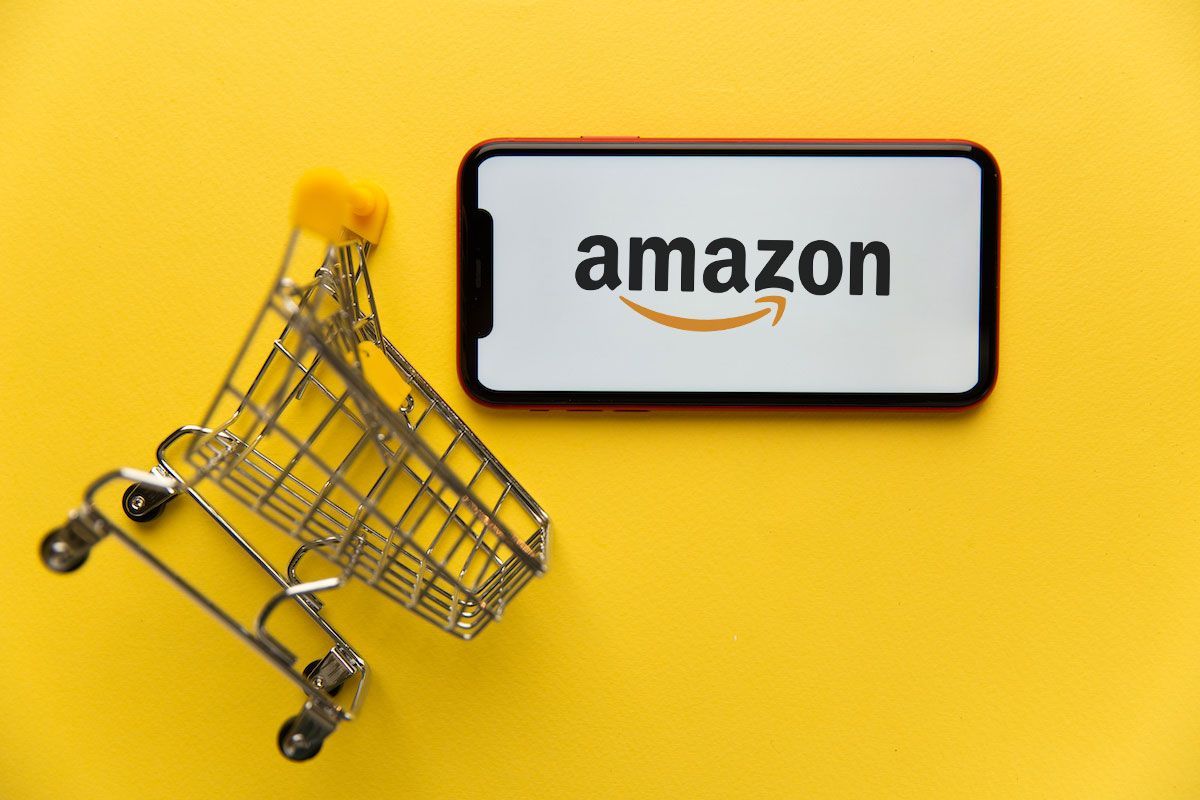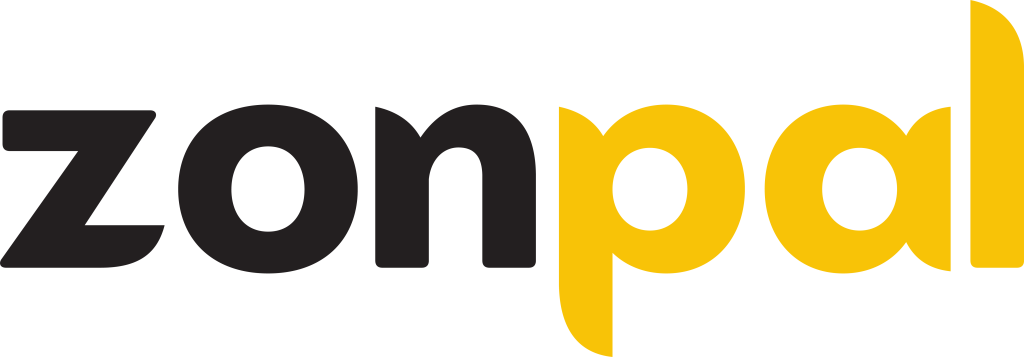Amazon FBA Private Label vs Wholesale FBA: Which is better?
As an Amazon beginner, you might be debating whether Private Label or Wholesale FBA is the better option. When starting an Amazon business, choosing between Private Label and Wholesale FBA is a crucial decision that impacts your long-term strategy and profitability. Each model has advantages and challenges, making it suitable for different sellers. In this article, we’ll share both Amazon FBA private label vs wholesale models to help you determine the best fit.
What is Amazon Wholesale FBA?
The Amazon wholesale FBA business model involves buying branded products in bulk from manufacturers or authorized distributors at a discount and reselling them on Amazon. Sellers leverage Amazon’s fulfillment services to store, pack, and ship products, benefiting from existing brand demand without needing private label branding or product development.
Pros of Amazon Wholesale
The wholesale model offers a straightforward entry into Amazon selling by leveraging established brands. Let’s break down the key advantages that make it an appealing option.
1. No Need for Listing Creation
You don’t have to create new product listings from scratch. Instead, you can add your offers to existing branded listings.
2. Lower Time Commitment
Since you’re selling established products, there’s no need for branding, listing optimization, or product development. This makes it easier to manage your business with less daily effort.
3. Faster ROI
Because you’re selling well-known products that already have demand, sales can start almost immediately after listing.
Example: If you buy bulk stock of Nike shoes, you can start selling right away because customers already trust the brand.
4. No Advertising Costs
Branded products already have strong customer recognition, so you don’t need to spend much on advertising. People are already searching for them.
5. Lower Upfront Investment
Wholesale typically requires buying in bulk, but it can still be cheaper than Private Label, which involves product development, branding, and marketing.
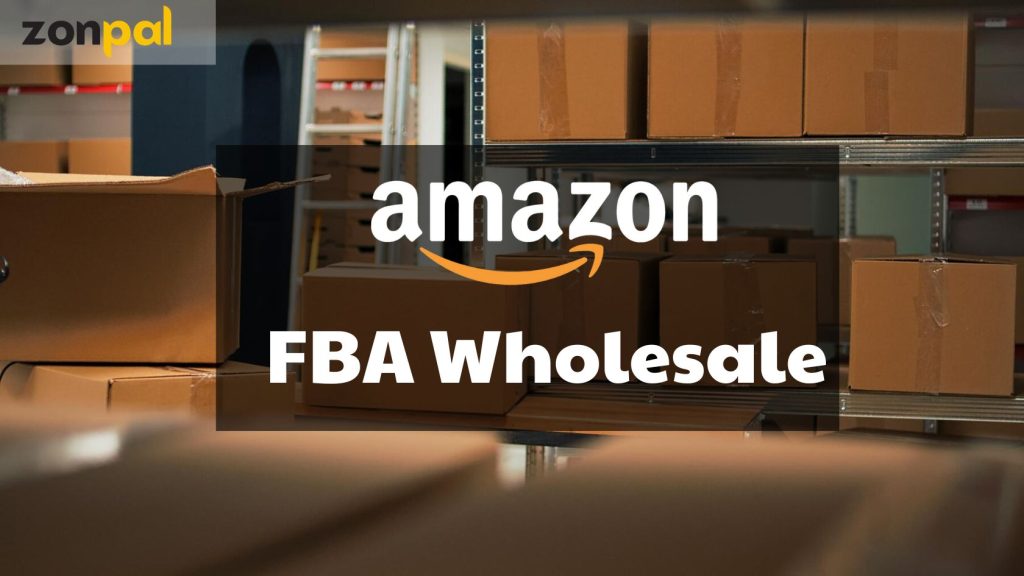
What is Amazon wholesale FBA?
Cons of Amazon Wholesale
6. Limited Control and Branding
Since you’re selling existing brands, you can’t change product images, descriptions, or packaging. This means you have no control over how the product is presented to customers.
7. Shared Buy Box
You’re competing with other sellers offering the same product. Amazon rotates the Buy Box between sellers, so you won’t always get the sale, even if your price is competitive.
8. Tight Profit Margins
As we mentioned in the pros, you don’t have to spend money on branding and marketing since the brand handles that. However, this is also a downside because many other sellers are in the same position as you. The high competition means lower prices and tight profit margins, making it harder to maximize earnings.
9. Partnership Development
Finding reliable wholesale suppliers can be challenging. Sellers must build strong relationships with brands or distributors to secure inventory.
10. Required licences
Many brands require official reseller agreements, business licenses, or wholesale permits before allowing sellers to distribute their products. This adds complexity to the setup process.
What is Amazon Private Label FBA?
Amazon Private Label FBA is a business model where sellers create and sell products under their own brand name. Instead of reselling established brands, sellers source products from manufacturers, add custom branding and packaging, and market them as their own. This allows for greater control over product quality, pricing, and branding.
Pros of Amazon Private Label
FBA private label allows you to create a unique brand and enjoy higher profit margins. Here’s why many sellers choose this model to build a long-term business.
1. Brand Ownership
Owning your brand means long-term value creation. Unlike wholesale, where you’re just another reseller, Private Label allows you to build a unique identity and customer loyalty.
For example, if you launch a high-quality fitness water bottle under your brand, customers will associate your brand with durability and design. Over time, you can expand into related categories (e.g., gym bags, and workout gear) and create an ecosystem of loyal buyers.
2. Full control
With Private Label, you’re not just another seller competing on price, you can control:
- Product design: Choose unique features that differentiate your product.
- Pricing strategy: Set competitive prices without being undercut by other sellers.
- Marketing and branding: Create an engaging story that resonates with customers.
With this model, you can steer your private label business in the direction you choose, free from interference or competition-driven setbacks.
3. Control over the Amazon Product Page
As a Private Label seller, you own the Amazon listing, which means:
- Writing compelling product descriptions tailored to your audience.
- Uploading high-quality images and videos.
- Running A/B tests on product titles and bullet points to improve conversions.
4. Exclusive Buy Box Rights
The Buy Box is the section on an Amazon product page where customers can click “Add to Cart” or “Buy Now“. It’s a critical feature because the majority of Amazon sales come from the seller who wins the Buy Box.
Since you’re the only seller of your listings, you never have to fight for the Buy Box. This prevents price wars and ensures consistent profit margins.
5. Higher Profit Margins
Private Label sellers earn higher profits because they can control pricing and don’t share the Buy Box. Unlike wholesale sellers who must compete on price, Private Label sellers can set higher prices as their brand grows.
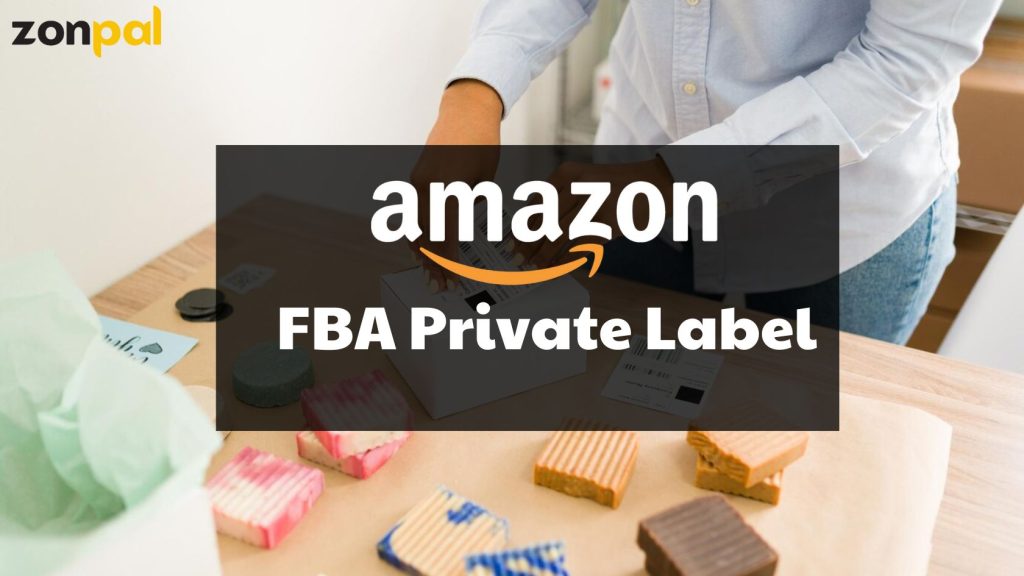
What is Amazon FBA private label?
Cons of Amazon Private Label
Despite its benefits, the FBA private label model requires more effort, investment, and patience. Let’s take a closer look at the challenges you may face when launching your own brand.
1. Complex Setup
Finding a reliable manufacturer, designing branding, and handling logistics can be time-consuming and complex.
2. Marketing Investment
Building a new brand from scratch means you won’t have instant recognition like reselling a well-known brand. Instead, you must invest in advertising to drive traffic and build trust.
Key expenses include:
- Amazon PPC (Pay-Per-Click) advertising
- Influencer collaborations
- Social media promotions
Unlike branded products that already have demand, private label listings start from zero, so you’ll need to spend money to get your product in front of customers.
3. Time-Consuming
It takes time to develop and launch a successful private-label product.
4. Extended Lead Times
Selling private label products is not a quick-start business. You need to research and test products, create high-quality listings with good photos and descriptions, build a brand reputation, and optimize pricing and advertising strategies.
5. Requires Patience
Private labeling is a long-term business model. It can take 3-6 months before you make a profit because you have high upfront costs for branding, inventory, and marketing. Customers need time to discover and trust your brand, and you must continuously improve your product listings and ads.
The Difference Between FBA Private Label and Wholesale
From the definitions and the pros & cons we have covered, you now have a clear understanding of the key features of both models. To make it even clearer, we broke down the differences in the table below:
| Feature | Private Label FBA | Wholesale FBA |
| Product Ownership | Own brand, unique products | Selling existing brands |
| Buy Box Competition | No competition | Shared Buy Box |
| Profit Margins | Higher | Lower |
| Marketing Effort | Required | Minimal |
| Control Over Branding | Full control | No control |
| Startup Cost | Higher (branding, ads…) | Lower (bulk purchases) |
| Time Commitment | Longer | Faster ROI |
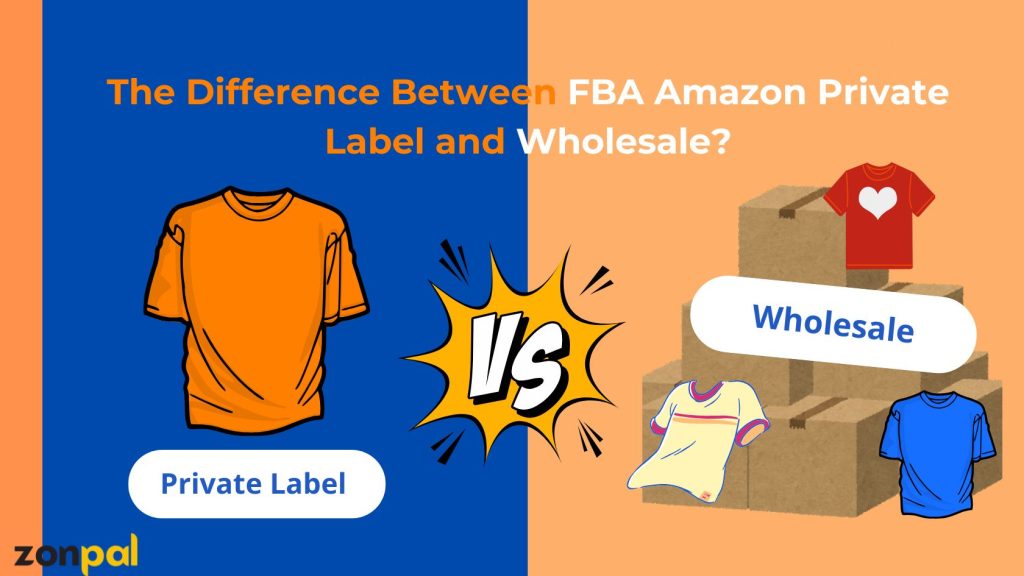
What’s the difference Between FBA Amazon Private Label and Wholesale?
>>> See more: [2025 Guide] 11 Ways to Sell on Amazon <<<
Amazon FBA Private Label vs Wholesale FBA: Which is better?
Both Private Label and Wholesale cater to different types of sellers based on their goals, experience, and investment capacity. Here’s a breakdown of who should choose each model:
Amazon Private Label is best for:
- Entrepreneurs looking to build their brand for long-term success.
- Sellers who have the capital to invest in product development, branding, and marketing.
- Those who want full control over pricing, listing optimization, and customer experience.
- People with patience, as it takes time to develop and scale a brand.
Amazon Wholesale is best for:
- Beginners who want to start selling faster with lower risk.
- Sellers who prefer working with established brands rather than developing their own products from scratch.
- Those looking for a steady business model with less marketing effort.
- Entrepreneurs who have connections or the ability to secure deals with distributors.
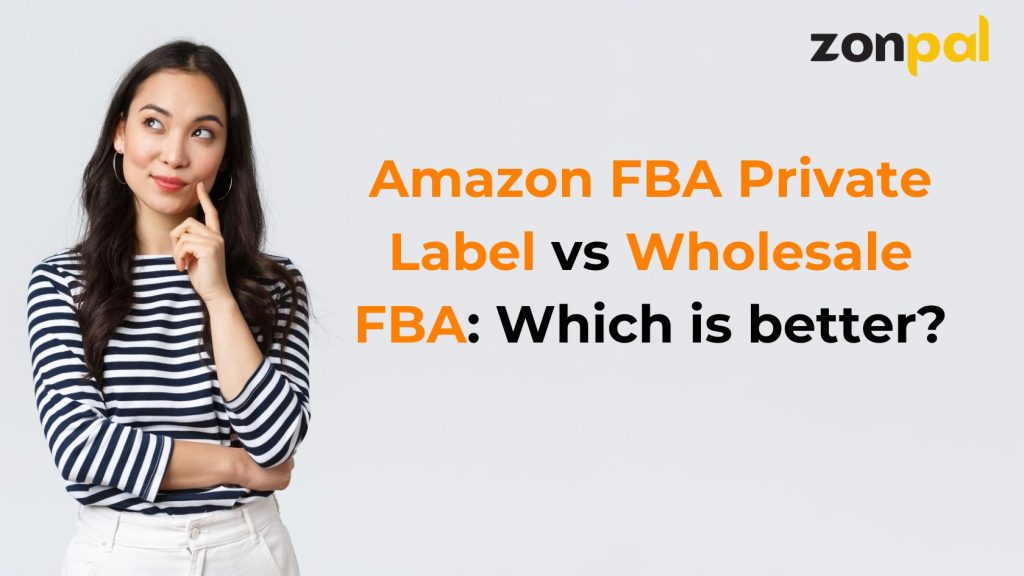
Wholesale vs Private Label Amazon FBA
In conclusion, choosing between Amazon Private Label and Wholesale depends on your business objectives, available resources, risk tolerance, and branding goals. Private Label allows you to create a unique brand with higher profit potential but requires significant investment and marketing efforts. In contrast, Wholesale offers a lower-risk entry by selling established brands, though it comes with limited control and tighter profit margins.
To succeed in either model, you need a deep understanding of your target market, competition, and Amazon’s marketplace dynamics. Evaluating these key factors will help you choose the approach that best fits your business strategy and long-term growth goals.
If you’re still unsure which business model is right for you, you can consider Zonpal’s Consulting & Strategies service. Our experts will support you through the decision-making process, helping you develop a tailored strategy to maximise your success on Amazon.
